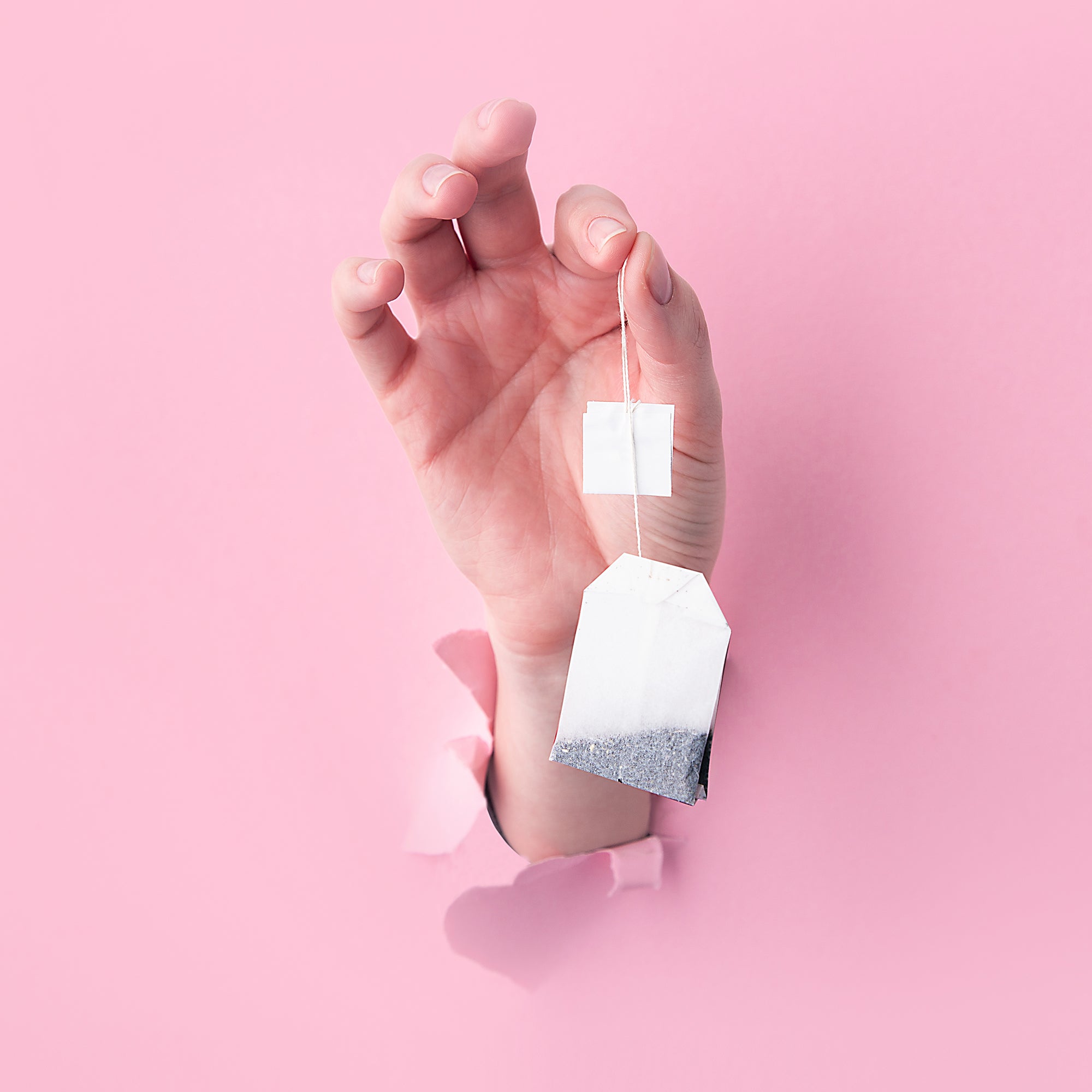There is an abundance of products in the beauty space that feature collagen as the new miracle supplement that promotes younger, smoother, glowing skin. There are two main ways it is promoted for use: consumed through smoothies or juices (I’ve even seen water and alcoholic beverages infused with collagen...), and topically through skincare.
But what is collagen, and does drinking or applying it actually do anything for the skin?

Collagen is a structural protein that naturally occurs in the connective tissue of animals. It’s a component of our own skin, cartilage and joints. It is actually the most abundant protein in the human body, making up about a third of the body’s protein composition. There are at least 28 types of collagen, all of which have different functions. The body’s ability to produce collagen decreases with age, resulting in a visible reduction in skin firmness and suppleness that can lead to the appearance of wrinkles.
The collagen used in the world of health, beauty and supplements is made from the ligaments and connective tissue of animals. Marine collagen is made from fish skin. Regardless of where it comes from, it is made up of amino acids. Amino acids are compounds that make up every protein in your body, from muscles, to tissues, to digestive enzymes.
Ingested collagen supplements
Oral collagen supplements take the phrase “you are what you eat” a little too literally in the sense that it assumes that any collagen consumed is immediately transported to the skin. This would be the equivalent of saying that eating lots of hair (yuck) would make your own hair grow thicker or, as Michelle from labmuffinbeauty compares, that eating plants would make us turn green and be able to photosynthesise.
These analogies are getting silly, but the point we’re trying to make here is that our digestive system’s purpose is to break down the substances we eat into the amino acids which they are made of. Collagen is no exception. When consumed, it is broken down by the body into amino acids that are then distributed around the body. They could be used to make a multitude of things, such as haemoglobin (the protein that carries oxygen around your body via your red blood cells), transport proteins or keratin for your hair and nails.
There’s no way of instructing the amino acids from ingested collagen that they are only to go towards making skin appear younger, and there is absolutely no evidence to show that drinking collagen ensures your body will use the amino acids from said collagen to make more collagen.
Whilst consuming collagen does not transport collagen into the skin, it could potentially supplement other mechanisms which are associated with anti-aging results, such as increasing the hyaluronic acid content in the dermis. A study has shown that some amino acids that are abundant in collagen, proline-hydroxyproline, present in elevated levels in the bloodstream following consumption of a collagen supplement. In vitro, this substance was linked to the increased rate of human skin cell production, as well as increased levels of hyaluronic acid production which can in turn lead to the reduced appearance of wrinkles. However, there was no evidence linking that the levels of proline-hydroxyline in the blood following consumption of the collagen supplement were high enough to have this effect on the test subjects in real-life settings.
Here are some additional studies on collagen which were funded by supplement manufacturers:
-
The effect of oral collagen peptide supplementation on skin moisture and the dermal collagen network
-
Daily consumption of a branded collagen supplement to reduce visible signs of aging
- Oral Supplementation of Specific Collagen Peptides Has Beneficial Effects on Human Skin Physiology
Many of these trials are questionable, however, and as they are mostly funded by the manufacturers of the supplements, there is inevitably a conflict of interest to consider.
Some of the trials were lacking placebo control, meaning that there were potentially many other factors that could have contributed to the results concluded from the end of the trials. Many collagen supplements also contain other ingredients (vitamins, minerals etc.) which are not taken into consideration in the results.
The test subjects could also have made lifestyle changes alongside the consumptions of the supplements – such as drinking more water or consuming less sugar due to the supplement curbing cravings with sugar-free flavoring substitutes.
Many of these manufacturer-funded trials also do not factor in that there are multiple types of collagen, which can then be further diversified by being "chopped" into different-sized molecules (e.g. 50 amino acid chains, or 500 amino acid chains, or 100 amino acid chains) in the supplements. Just because one variation might work, doesn’t mean they all will.
Similarly, there are mixed studies that show some promise that collagen has in reducing joint pain for those with arthritis and improving skin elasticity. There aren’t too many studies and those that have been done aren’t enormously robust and, again, many of these studies are funded by the industry. So, it’s a grey area. There are some other concerns that as these supplements aren’t well regulated that they can contain contaminants, like heavy metals, but there are no studies yet that have proven this either. All in all, still a work in progress.
Collagen supplements may seem promising, but the limited evidence currently available is riddled with loopholes and clouded by bias. Until more concrete effects are found and proven by science, reliable studies on the efficacy of collagen supplements are lacking.

Topical collagen moisturizers and serums
In topical skincare applications like moisturizers and serums, collagen is a decent humectant that offers similar benefits to the likes of hyaluronic acid and glycerine. Whilst applied to the epidermis of the skin, it can improve the appearance of the skin surface by drawing moisture to itself and making skin appear more hydrated, smooth and plump as a result.
That’s mostly where the benefits stop, however. Applying collagen topically is not a way to introduce more collagen into the body as collagen molecules are too large to penetrate and absorb into the dermis, which is the inner layer of connective tissue where natural collagen resides.
Similar to the debate with oral supplements, there is little scientific evidence which concludes that micronized or hydrolysed collagen molecules are able to offer any long-term benefits. Moreover, with so many different types of collagen (and hence different molecule sizes and amino acid compositions), there will be drastically different absorption rates, capabilities, and effects of each variant.
Unless science is able to reliably prove and substantiate that there are types of collagen that are able to penetrate the dermis of the skin, don’t waste your money on collagen creams. There are far more affordable humectants on the market that perform just as well, if not better – glycerine is a personal favorite!
Protecting and maintaining the collagen levels in your skin is less about what you’re adding to it, but more about what you’re avoiding. Avoid consuming excessive quantities of sugar and refined carbohydrates from your diet, as sugar has been shown to intervene with the skin’s ability to repair its collagen bonds. Smoking has a significant negative impact on the skin’s ability to produce collagen. UV exposure and radiation can also lead to premature aging because of how it damages collagen and decreases its production, so avoid excessive exposure to direct sunlight – and use your SPF!
We hope you found this helpful! We love getting into the science behind common myths and helping to debunk them so you can stay informed. What myths would you like to see busted next? Send us an email at hello@ethique.com or get in touch with us on social!

 Impact
Impact Blog
Blog Store Locator
Store Locator

